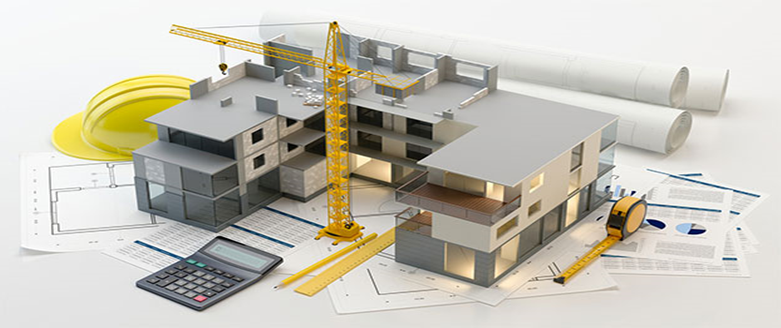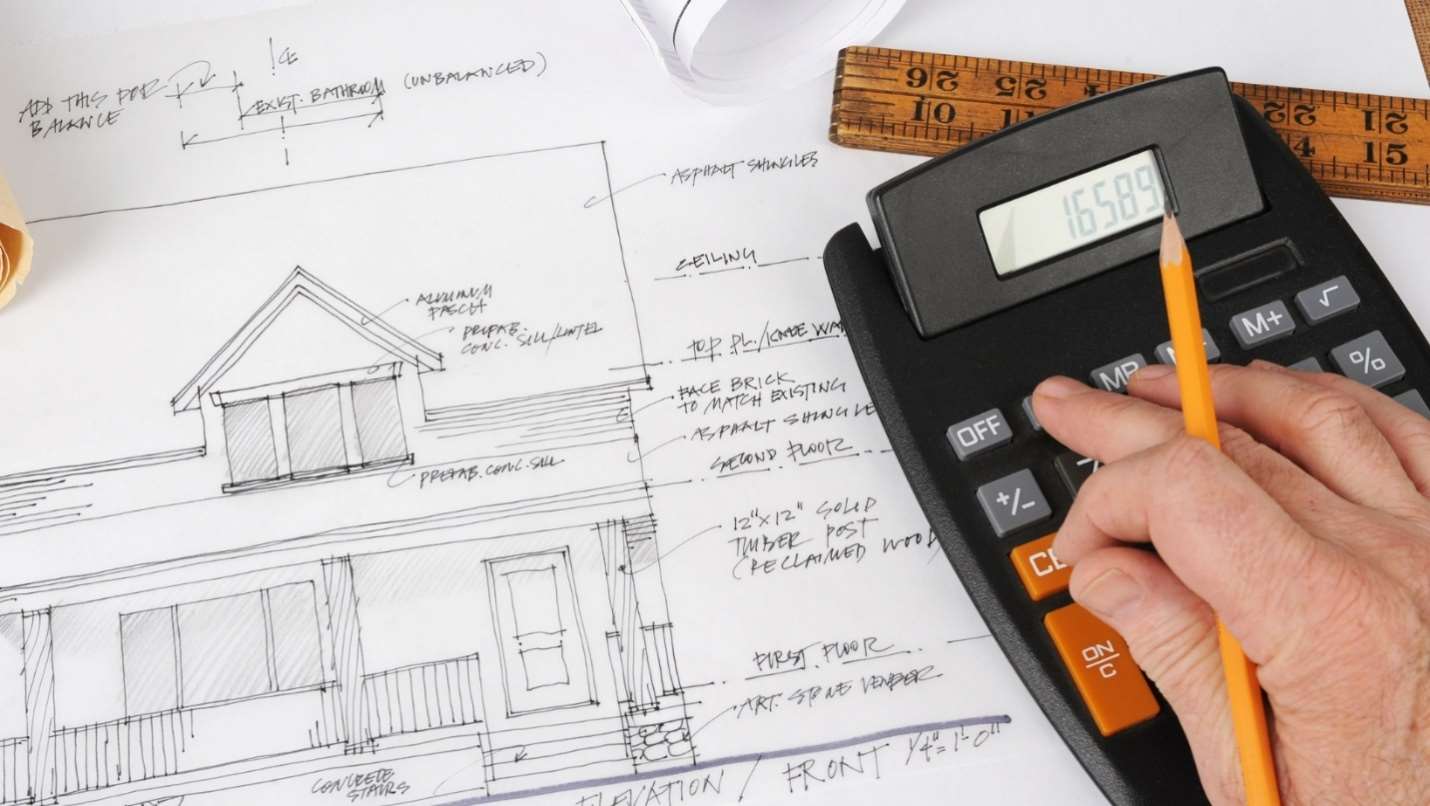
At our company, SDVVL, we are going to provide the proper services of Estimation and Costing. This is crucial to implement any construction project successfully. Estimation helps in budgeting, resource assignment, and figuring out whether a project is possible or not. How we will handle these important processes, we have summarized here:

A cost estimate is an estimate of about the amount of funds needed to be executed for a given project. This would, therefore cover material, labor, equipment, and any extra expense tied to the project.



